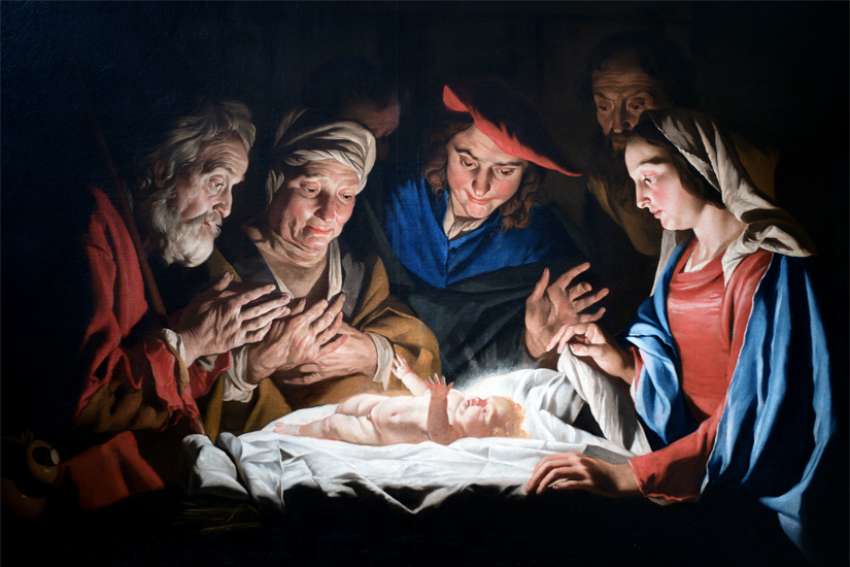Many great empires and civilizations are nothing more than heaps of ruins or chapters in textbooks. At first glance, we may be tempted to agree with Isaiah: Darkness covers the Earth and its peoples.
The past year has brought us a depressing parade of killing, hate, destruction and human failure. It would be very easy to allow ourselves to be taken captive by those images. In Isaiah’s time, it was not very different, but he urges us to push beyond the outward appearances of our world.
Missing from that picture is the light and glory of God, and Isaiah announces that it is waiting in the wings. There is human history and there is God’s history — which operates on a different timetable than ours. God’s light and glory are waiting to burst into our world and its history, bringing new life, renewal and transformation.
The prophecy ends with images of joy, abundance and human community. This is always God’s promise to us and faith is continuing to believe in that promise despite whatever life might bring. Responding in faith, we begin to live as if this new world is already a reality.
Wherever there is darkness, light is already present. Wherever there is sin, grace is already at work. Wherever there is brokenness and pain, healing has already begun. Wherever there is hatred and division, the seeds of reconciliation have already been sown.
All we need to do is look and listen carefully with the eyes and ears of the heart and spirit. God always has the final say.
From the beginning of time, God had a plan for humanity, not all of which was revealed until much later. The movement of God’s history of the world is towards unity and inclusiveness. Humans, on the other hand, spend of lot of time and energy pulling everything in the opposite direction.
Our future does not lie in fragmentation, disunity and exclusion. In the fullness of time, God revealed through the apostles that the Gentiles would now be included in the divine plan of redemption. All can share in the promise of God, for generosity is one of God’s many attributes.
How do we know where God is leading us and what path we should take? The three magi — representatives of a different culture, nation and religion — knew the answer: follow the light.
They examined the heavens and the holy books unceasingly, looking for the telltale signs of God at work in the world. Finally, the unmistakable sign came — a point of brilliant light that Matthew chose to call a star indicated the direction they should take. They endured a long and arduous journey just so that they could see the light made flesh with their own eyes and offer thanks and praise.
The story tells us many things, among them that God does not recognize barriers, boundaries and labels that are of human origin. No one owns God, nor is God confined to any nation, organization or group. The entire world is God’s workbench and whatever God does is for all humanity.
Herod did not have his eyes fixed on any light, but was captive to his own fear, paranoia and selfishness. His one thought was to destroy in order to feel more secure — a path taken by far too many.
Where do we go in the coming year? We cannot pretend to “know God’s will” or to predict the future. But we can lift our eyes, minds and hearts, and begin to follow the light wherever it may lead.
And if history is any indication, it could lead us on an interesting journey and to places we would rather not go. But these are the very places where we will meet God.


